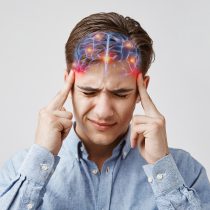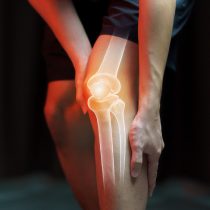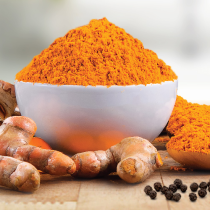Stress is a natural physical, mental and emotional reaction to life’s events. Everyone experience stress throughout some point in their life in response to the encounters and challenges in today’s fast-paced world.
Prolonged stress is exhausting. If it is not appropriately managed, it can mess with your body in so many ways.

Brain
When you are stressed, you are likely to experience fatigue, headaches, dizziness, panic depression and anger. This happens when your body suddenly shifts its energy resources to fighting off the perceived threats, which is known as the “fight-or-flight” response.

Heart
Experiencing too much stress, for too long, is bad for your heart. Over time, stress can increase blood pressure, triglycerides, and cholesterol levels. These factors can cause damage to the artery walls and subsequent plaque buildup, resulting in heart attack and stroke.

Joints and muscles
Stress can cause your muscles to tense up, leading to stiffness and pain. Your body releases chemicals which trigger inflammation. The inflammatory response can cause pain and swelling in your joints, affecting your everyday movements.

Immune system
You need a strong immune system to fight disease, but long-term stress can weaken your body’s natural defences. When you are stressed, the ability of your immune system to fight off infections is reduced. That is why you are more susceptible to illnesses.

Skin
Stress makes your skin battle harder. When you are feeling stressed, your nervous system releases more cortisol. This stress hormone increases oil production in your skin glands, resulting in clogged pores and acne breakouts.

Gut
High cortisol levels from stress can make you crave for sugary or fatty foods. Stress also affects your body’s digestive system, which can lead to an upset stomach, acid reflux and pain ulcers. During times of stress, some individuals may experience loss of appetite.












